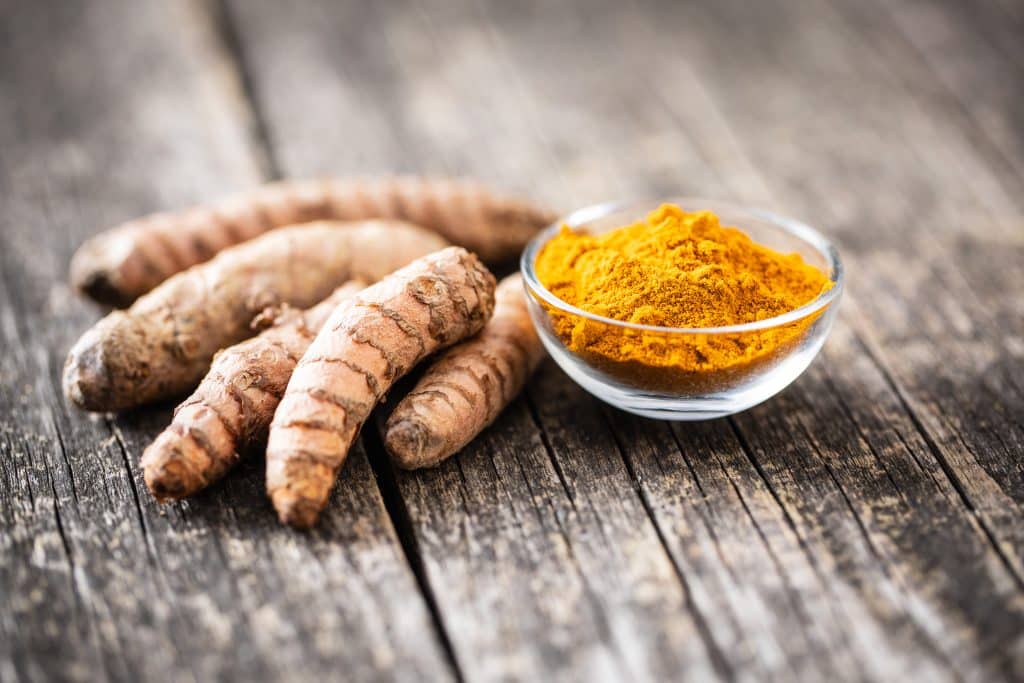As you grow more aware of the complexities of autoimmune disease, it’s clear that diet plays a crucial role in both managing symptoms and overall health. Autoimmune diseases can cause a range of symptoms, including inflammation, pain, fatigue, and organ damage. One important factor that can significantly affect these conditions is the foods we consume. This blog post will explore some foods you should and should not eat if you have an autoimmune disorder.
Contents
Understanding Autoimmune Disease

Autoimmune disease is a category of disorders that occur when the body’s immune system mistakenly attacks its own cells, tissues, or organs. In a healthy body, the immune system can distinguish between foreign cells (like bacteria or viruses) and its own cells. But in an autoimmune disease, the immune system misinterprets parts of the body as foreign and releases proteins called autoantibodies that attack healthy cells.
There are many types of autoimmune diseases, such as type 1 diabetes, rheumatoid arthritis, and lupus, each targeting different systems or organs in the body. The exact causes of autoimmune diseases are unknown, but they are believed to be a combination of genetic and environmental factors. Symptoms can vary widely, depending on the disease and the part of the body that is affected. Treatment typically focuses on reducing immune system activity, managing symptoms, and maintaining the body’s ability to fight disease.
Autoimmune Disease: Foods That Help
The right dietary choices can make a significant impact on managing autoimmune diseases. Certain foods have properties that can boost the immune system, reduce inflammation, and promote overall health. Here, you’ll explore some of these foods and their potential benefits for those with autoimmune conditions.
Leafy Greens

Leafy green vegetables, like spinach, kale, and Swiss chard, are powerhouses of nutrients essential for a robust immune system. These vegetables are rich in vitamins A, C, K, and several B vitamins, all vital for immune function. Moreover, they contain high amounts of fiber, which aids in digestion and helps maintain a healthy gut microbiome, a key player in immune health.
In addition to their nutrient content, leafy greens are packed with antioxidants. Antioxidants are compounds that fight off harmful free radicals, reducing oxidative stress and inflammation in the body. Chronic inflammation is a common feature of autoimmune diseases, so incorporating leafy greens into your diet could potentially alleviate some of the symptoms.
Turmeric

Turmeric, a golden spice integral to Indian cuisine, has been used for centuries for its medicinal properties. The active compound in turmeric, known as curcumin, possesses potent anti-inflammatory and antioxidant effects that can benefit those with autoimmune diseases.
Curcumin acts by blocking NF-kB, a molecule that activates inflammation in cells. By inhibiting this molecule, curcumin helps regulate the immune system and prevent it from attacking the body’s cells. While the research is still preliminary, there is growing evidence to suggest that curcumin could play a role in managing autoimmune disorders.
Salmon

Salmon, and other fatty fish like mackerel and sardines, are rich in omega-3 fatty acids. These healthy fats are well-known for their ability to reduce inflammation. Omega-3s work by disrupting the production of certain chemicals that trigger inflammation in autoimmune diseases.
Moreover, omega-3s can help maintain the health of the immune system. They do this by enhancing the function of immune cells and promoting gut health, which is linked to immune function. Regular consumption of salmon or other fatty fish could, therefore, be beneficial in alleviating symptoms of autoimmune diseases.
Sauerkraut

The health of your gut plays a significant role in your immune system function. As such, foods that promote gut health can have beneficial effects on autoimmune conditions. Sauerkraut, a fermented cabbage dish, is rich in probiotics, which are beneficial bacteria that contribute to a healthy gut microbiome.
Probiotics in sauerkraut can help maintain the balance of gut bacteria, essential for a healthy immune response. An imbalance in gut bacteria, known as dysbiosis, has been linked to various autoimmune conditions. Consuming probiotic-rich foods like sauerkraut could potentially help restore this balance and reduce autoimmune symptoms.
Autoimmune Disease: Foods That Harm
Just as certain foods can help manage autoimmune conditions, others might trigger symptoms or worsen inflammation. If you’re dealing with an autoimmune disease, it may be helpful to limit or avoid these foods.
Processed Foods

Processed foods, including fast food, pre-packaged meals, and sugary drinks, are typically high in sugar, sodium, and unhealthy fats. These elements can contribute to inflammation in the body and exacerbate autoimmune symptoms. They also often lack essential nutrients that your immune system needs to function optimally.
In addition to increasing inflammation, processed foods can harm gut health. They are low in fiber and high in additives, which can disrupt the balance of gut bacteria. Given the link between gut health and autoimmune diseases, consuming too many processed foods could potentially worsen these conditions.
Gluten

For people with celiac disease, an autoimmune condition, gluten is a known trigger. However, there’s growing evidence that non-celiac autoimmune diseases might also be sensitive to gluten. Gluten can increase intestinal permeability, a factor that has been associated with various autoimmune conditions.
In some people, consuming gluten might lead to an immune response and increase inflammation. If you have an autoimmune disease, it could be worth discussing a potential gluten sensitivity with your healthcare provider.
Dairy

Dairy products can be inflammatory for some individuals, particularly those who are lactose intolerant or sensitive. For these people, consuming dairy products might trigger an immune response, leading to increased inflammation and worsening autoimmune symptoms.
Additionally, some research suggests that certain proteins in dairy, like casein, could trigger an immune response in people with autoimmune diseases. As with gluten, if you have an autoimmune condition, it might be worth considering if dairy plays a role in your symptoms.
Alcohol

Alcohol can impact the immune system in various ways, potentially worsening autoimmune conditions. It can alter the balance of bacteria in the gut, disrupt the gut barrier, and increase inflammation, all factors associated with autoimmune diseases.
Furthermore, alcohol can interfere with the effectiveness of certain medications used to treat autoimmune diseases. Therefore, it might be beneficial to limit alcohol intake if you have an autoimmune condition.
Conclusion: The Role Of Diet In Autoimmune Disease
Autoimmune diseases are complex conditions that require a multifaceted approach to manage. One crucial aspect of this approach is diet. Consuming a nutrient-dense diet rich in leafy greens, turmeric, fatty fish, and fermented foods like sauerkraut can potentially help manage symptoms. Conversely, limiting or avoiding processed foods, gluten, dairy, and alcohol might also be beneficial. As with any health condition, it’s essential to discuss any dietary changes with your healthcare provider to ensure they align with your individual needs and treatment plan. In the journey of managing autoimmune disease, your plate can be a powerful tool.


